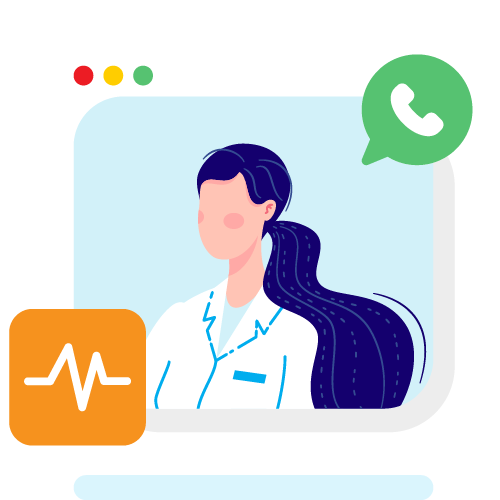Last Updated : July 27, 2024

1. Remote Diagnostics, Remote Monitoring, and Remote Care Management
Remote care refers to the delivery of care at a location and time that is convenient for all members within the circle of care. The expansion of remote care technologies that allow for the diagnosis, monitoring, and management of patients may fundamentally shift the way people access health care in Canada.
Remote care technologies may help expand access to health care across wider geographic areas and allow people living in rural and remote areas to connect with specialty care that would be otherwise unavailable without travel. These technologies may also support tailored management of chronic conditions like diabetes or heart failure, or they could change care pathways to allow a broader group of health care professionals to provide care. The additional benefit of being able to offer personalized care remotely is that it may be a more cost-effective solution for both individuals and health systems.
Implications
The rise of these technologies also comes challenges related to both equity and implementation. For example, bandwidth and connectivity, equitable design, and culturally appropriate care are just a few critical considerations for decision-makers who may be implementing the use of remote care technologies.
Examples of emerging remote care technologies and applications include:
- Connected devices to support remote examination and diagnosis.
- Digital biomarkers for Alzheimer disease or dementia. Emerging tools to assess "digital biomarkers" that monitor hand and eye movements or changes in speech may allow clinicians to monitor changes or diagnose people with conditions such as Alzheimer disease or dementia.
Last Updated : July 27, 2024

